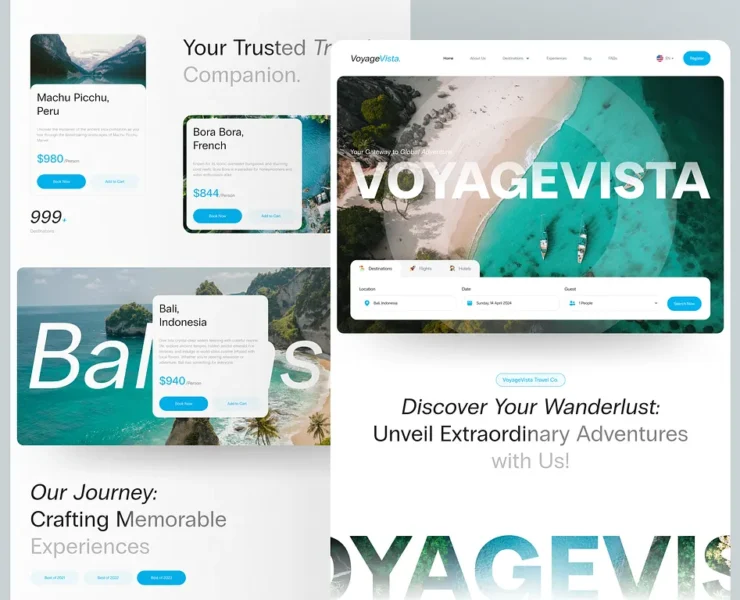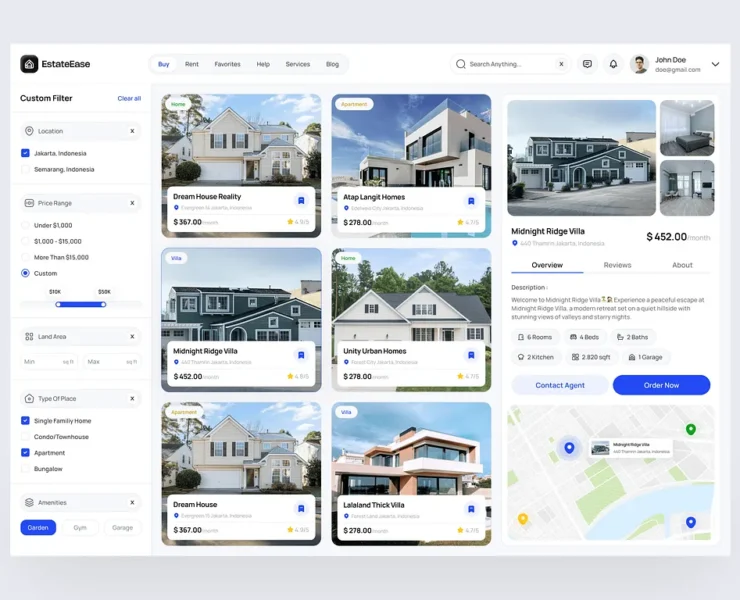The #1 Mistake When Choosing a Niche
Choosing the right niche for your marketplace or directory is the single most important decision you’ll make as a founder. Pick the wrong one, and you’ll struggle with slow growth, weak monetization, and constant pivots. Pick the right one, and you’ll build a profitable, scalable business that dominates its market.
But here’s the hard truth: most founders choose their niche the wrong way. They either:
- Pick something trendy they have no real knowledge about
- Go too broad and fail to attract a specific audience
- Choose a niche with no real problem to solve
The best niche is not the one that looks good on paper—it’s the one you understand deeply, have industry experience in, and can truly solve problems for. Let’s break it down.
The 3 Criteria for a Profitable Marketplace Niche
Your niche should meet all three of these criteria:
- High Pain, High Value – The industry should have real pain points that people are willing to pay to solve.
- Fragmented Market – There should be no dominant player controlling the space, leaving room for a marketplace to thrive.
- Monetization Potential – The suppliers in the niche should have a budget and willingness to pay for visibility, leads, or transactions.
If your niche doesn’t meet these criteria, you’re likely to struggle with traction, retention, and monetization.
Why Picking a Niche You Know Is Crucial
A common mistake is picking a niche just because you heard it’s profitable. But if you don’t know the industry from the inside, you won’t understand:
- The real pain points of suppliers and buyers
- The biggest inefficiencies in the market
- What features your marketplace actually needs
- How to speak the language of your audience
This is why the best marketplace founders often come from the industries they’re disrupting. They see the gaps firsthand and build a platform that solves real problems.
Real-World Example: Why Niche Knowledge Matters
Brian Chesky and Joe Gebbia, the founders of Airbnb, weren’t just random guys who thought “vacation rentals sound cool.” They were struggling to pay rent in San Francisco and realized that short-term rentals were an untapped opportunity. Because they experienced the problem firsthand, they knew how to position Airbnb to both hosts and guests in a way that resonated.
Examples of Bad vs. Good Marketplace Niches
🚫 Bad Niche Picks:
- NFT Art Marketplaces (Hype-driven, no long-term stability, dominated by a few giants)
- Generic Freelancer Marketplaces (Competing with Upwork, Fiverr, and Toptal is near impossible)
- Used Car Marketplaces (Requires massive trust infrastructure, capital-intensive, and established competitors like Carvana and Autotrader)
✅ Good Niche Picks:
- B2B Equipment Rentals (Businesses need specialized equipment, and there’s no dominant player in the space)
- Luxury Home Staffing (High-end homeowners need vetted chefs, house managers, and personal assistants)
- Hyperlocal Service Marketplaces (Niche home services like specialized pet training, high-end pool maintenance, or artisan furniture repair)
The “Problem Before Platform” Rule
Before building anything, validate the problem. Here’s how:
- Talk to 20+ potential suppliers and buyers – Ask them about their biggest frustrations, how they currently find work/customers, and what they would pay for.
- Analyze search trends and competition – Use tools like Google Trends, Ahrefs, and SEMrush to see what people are actively searching for.
- Look for inefficiencies – If buyers and suppliers are relying on outdated methods (e.g., word-of-mouth, Facebook groups, phone directories), a marketplace could be a game-changer.
Monetization: Can You Actually Make Money?
Not all niches are monetizable. Before committing, answer these:
- Are suppliers already paying for leads, visibility, or advertising?
- Can you charge per transaction, subscription, or listing fees?
- Are buyers willing to pay a premium for convenience, trust, or better service?
Final Thoughts: The Smartest Way to Pick Your Niche
If you’re serious about building a profitable marketplace, don’t pick a niche based on trends or assumptions. Instead:
- Choose an industry you deeply understand.
- Find a problem with high pain and high value.
- Validate the demand before building anything.
A great marketplace solves real problems for real people. Start there, and everything else—monetization, growth, and scale—will follow.






